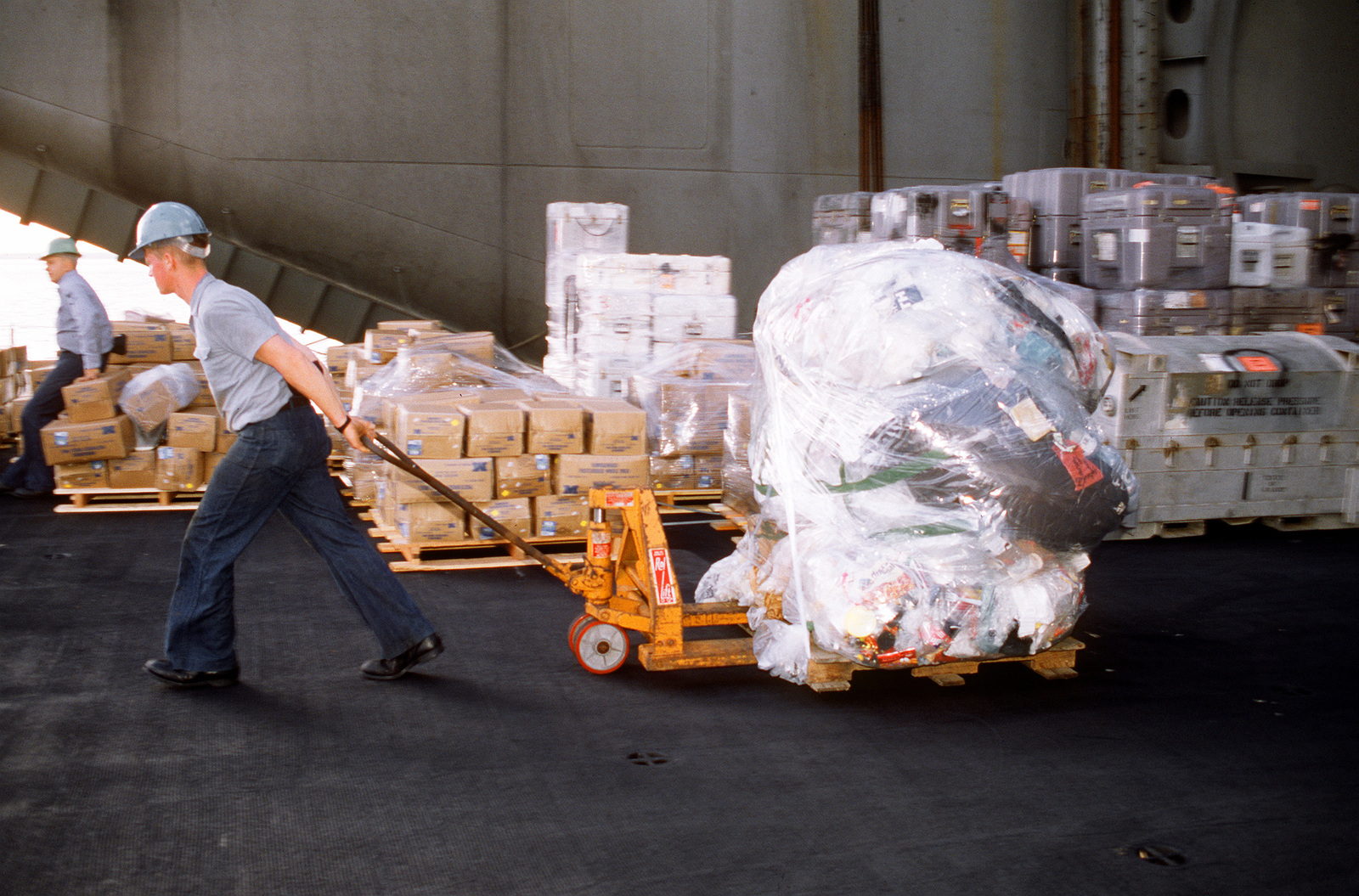It’s like a screw tightening every month putting undue pressure on property owners and landlords all over America. That’s how the current crisis on unpaid rent is casting a huge cloud of uncertainty on property owners. Early in the pandemic, an estimated 30 to 40 million Americans are at risk of being evicted. Many of these landlords are either finding another means of income (e.g., working a second job) or giving up on the property as they find themselves unable to meet mortgage payments.
Worse the eviction moratorium, a measure to prevent massive homelessness and more virus infections, is ending. Good thing some states like New York are extending the said moratorium to next year and even expanded the federal rent relief program. All this, however, shows just how extremely unprepared Americans are financially to face the crisis.
Well, money problems are at the heart of these eviction issues. As jobs faded more and more into the background and Americans find themselves putting their hands on their hard-earned savings more often than they usually have to, money is getting scarcer and scarcer. And now that the virus is once again giving America a hard time, thanks to the delta variant, many are looking at a 2020-ish Christmas once again.
The good news is it really isn’t too late to give yourself a second chance. Learning some new habits could very well be key to your financial success even in these times. Listed below are four simple habits that are proven and tested to help you get out of financial rot.
Be a Bean Counter
It’s easy to give in to panic when you’re just doing nothing. You become a sitting duck. Instead, look ahead. Take an inventory of your financial obligations and income.
Know how much you’re worth and how much you personally owe. What are the things that are bringing you cash right now? Who are the people who owe you money? When you look into the bigger picture, you are empowered.
The secret here is to take everything into account. That means listing people you lent money to but have not paid for years. Also, include all your savings, be it a flexible account via your job or a health savings account.
Don’t forget about credit cards that offer cash-back. More often than not, gas and groceries can easily add points up.
Prep a Cush Cushion
You can’t overemphasize an emergency fund these days. A good rule of thumb is to have about three to six months’ worth of your expense saved. Those who save ahead are less negatively affected when hard times hit such as a pandemic. They have a bigger elbow room to adjust when a financial storm comes.
Of course, borrowing money through a loan from reliable financial institutions is handy. With fast processing, these establishments are a godsend in times of distress. But having a cash cushion means you can choose a better institution and not rush into dealing with an organization that throws outrageous interests over time your way.
To a large degree, you can’t overemphasize the benefits of an emergency fund. But you definitely will regret not having one in these times. So before the money runs scarce, save up.
Use a Budget for Lean Times
One of the most essential things you can do is come up with a budget. That’s basically deciding what things to be prioritized before you actually spend money on things. Putting things in writing (and much greater thought at your expense) means you don’t succumb to spur-of-the-moment purchases which could hurt your wallet big time.
But you need an emergency version of your budget: one designed for trying times. The key is you have this drawn out before things go out of hand. Identify things you can do away with that are not an essential part of your budget.
Ideally, that should be before the pandemic. You need to write things down so you can review them and go over them from time to time. It’s no secret: the more you limit your expenses, the better you’d be in a crisis. So, be ruthless and cut things you don’t need.
Say Hello to DIY
During the pandemic, you’ll have more time for yourself than ever before. That means an extra pair of hands you can make the most of. So, instead of hiring a hand to do the cleaning or fix things for you, DIY it.
That should apply to just about anything you want to be done: from housecleaning to yard work. It’s practical. And you have lots of time to YouTube and practice should you feel you’re not up to the job. Best of all, you save tons of precious dollars.
Meta title: 4 Simple Habits for Better Finances during the Pandemic
meta desc: The pandemic has become a financial nightmare for millions of Americans as many are to be evicted from the home they’re renting. It’s important, therefore, that you learn how to be more financially stable. Read on to find out more.
















